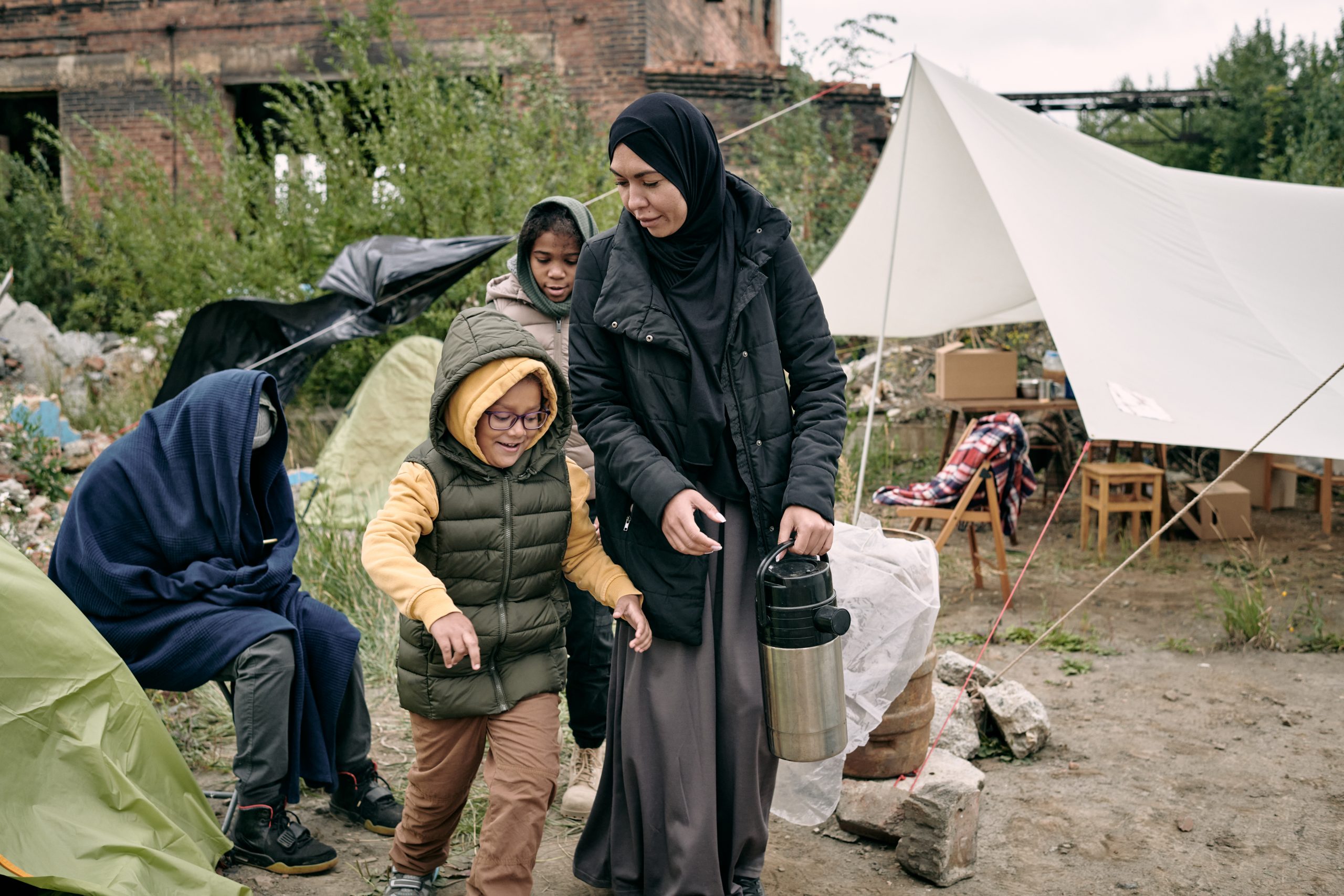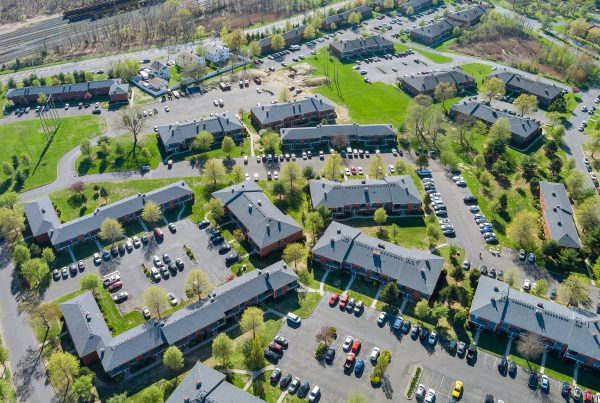Title 42 has been lifted. Now, we must invest in the work of welcome.
The following statement is by the Welcoming Nashville Coalition, which is comprised of the Nashville International Center for Empowerment; Catholic Charities, Diocese of Nashville; Inspiritus; Tennessee Justice for Our Neighbors; and the American Muslim Advisory Council.
Title 42 has now been lifted, and a series of expanded pathways have been announced by the Biden Administration for displaced people to seek refuge in the US. The programs are specifically designed to allow eligible individuals from Colombia, Cuba, El Salvador, Guatemala, Honduras, Nicaragua, and Venezuela to enter the US for a limited period of time. In the near future, refugee processing centers will be established in Colombia and Guatemala for referral to refugee resettlement.
Recent experiences have taught us that short-term pathways for entry to the US must be met with clear guidance, humane policy, and investment in immigration infrastructure that allows our new neighbors to access legal representation. Without such a robust system, we are creating a situation where thousands of new Nashville residents become vulnerable to exploitation, trafficking, and homelessness.
In August 2021, the world witnessed heart-wrenching scenes from Afghanistan, as thousands of our Afghan allies scrambled to flee the country after the Taliban takeover of Kabul. The crisis resulted in one of the largest airlifts in history, and nearly 80,000 Afghans made it to the US. Nashville resettled over 600 Afghan refugees over a period of just a few months.
On the heels of the resettlement of our Afghan allies, we watched the shocking scenes of Russian forces invading Ukraine on February 24th, leading to a scale of war not seen in Europe since World War II.
In response to the displacement of Ukrainians fleeing the war, the US created the Uniting for Ukraine program, a pathway for displaced Ukrainians to live in the country for a period of two years. Members of our coalition soon began supporting hundreds of Ukrainian refugees coming to Middle Tennessee with critical social services.
These groups of newcomers from Afghanistan and Ukraine were granted “Humanitarian Parole”, an immigration class used for short-term humanitarian relief, but one that does not include two of the fundamental benefits of the US Refugee Admissions program: the automatic legal right to work and a pathway to long-term legal residence in the country. The federal government announced in early May that it would extend Humanitarian Parole for Afghans, but we do not know how it will be implemented and, like the initial grant of Humanitarian Parole, it is not a pathway to permanent residence. In order to remain in the US beyond their initial two year term, our new neighbors must file for asylum.
Furthermore, asylum seekers in the US must wait 150 days after they have formally filed for asylum in order to apply for the legal right to work. With massive backlogs in our immigration system, it can take months, if not years, to approve these applications. Soon, our new neighbors from Central and South America will be in similar situations of legal limbo in the US.
A gargantuan and ongoing undertaking to file asylum cases for Afghan refugees revealed the burden on a nascent immigration legal services ecosystem in Nashville. There simply aren’t enough providers to deal with a situation of this scale, and the scale will now continue to grow. While they have the right to counsel, because this is not in criminal court, counsel is not appointed.
As Nashville continues to grow, our population is steadily becoming more diverse and a destination for immigrants and refugees to reunite with families and their diaspora communities. The cultural richness and economic vitality of our immigrant and refugee communities help make Nashville a special place and a world class city. We believe that we have the capacity to welcome. It is imperative that Nashville funds legal services to our new neighbors.





